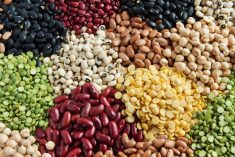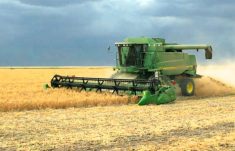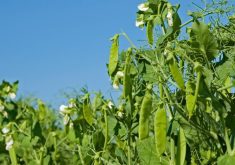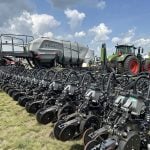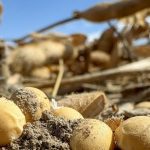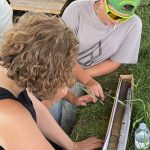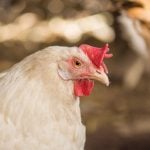Glacier FarmMedia – AI extension services have arrived in Canada.
Farm Credit Canada and Results Driven Agriculture Research (RDAR) have unveiled a generative artificial intelligence tool that will deliver “timely advice (that) producers can use immediately.”
The tool is called Root.
FCC says it will help farmers adopt best practices, right from their phones.
“Root is more than a technology solution, it’s part of a broader effort to bring back something Canadian agriculture has lost: accessible, trusted and timely insight,” Justine Hendricks, FCC president and chief executive, said in a release.
Read Also
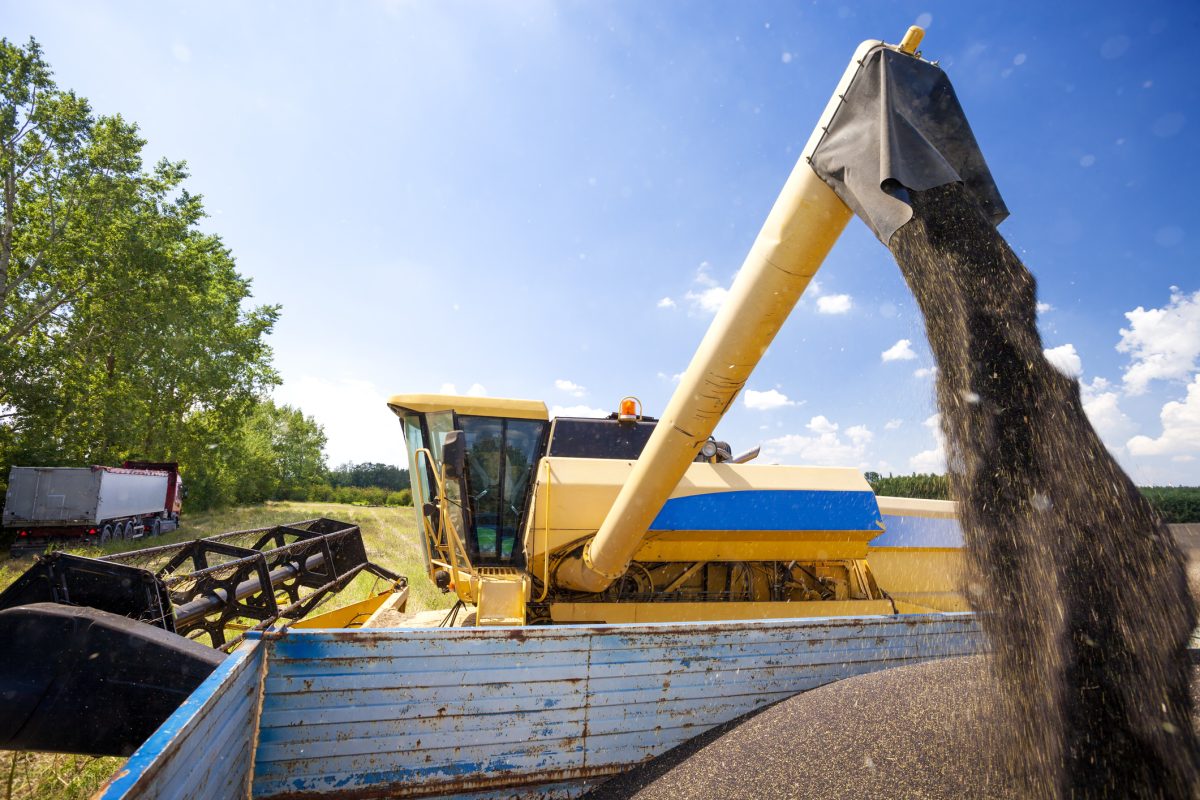
ICE Canada Weekly: Canola poised to slip below C$600/tonne
Look for November canola to slip below C$600 per tonne by the end of Thanksgiving week, said Phil Speiss, trader with RBC Dominion Securities in Winnipeg.
“With the decline of local advisory networks (extension services), too many farmers and ranchers have had to rely on fragmented information or go at it alone. By partnering with RDAR, we’re helping producers access the kind of expertise that once came from decades of community-based knowledge sharing.”
Many agronomists, livestock specialists and extension experts would take issue with the idea that farmers no longer have trusted and timely advice.
Nonetheless, it is correct to say that government cutbacks have reduced extension services. There are fewer people on the Prairies that provide unbiased and relevant information to producers.
There was a time, maybe 30 to 40 years ago, when provincial government reps were the clear-cut leaders of ag extension across Canada.
Provincial agriculture departments still employ specialists in regional offices, who are responsible for delivering the latest research and best information to livestock and crop producers.
Shrinking provincial extension services
But the number of provincial extension specialists has shrunk.
In some provinces, they have almost disappeared.
In October 2020, the Western Producer reported that the Alberta government had laid off about 135 Alberta Agriculture employees who worked in primary agriculture. That included research and extension staff.
“People always forget that Alberta Agriculture had offices across the province and there was a lot of co-operative work that was done,” said Ross McKenzie, a retired department employee.
“That capacity will be lost. You’ll see (applied research) groups … kind of pick up and carry on, but you won’t have that co-ordinated effort across the province that we had.”
Root might fill some of the void that exists in agricultural extension.
It was actually launched earlier this year and has already “supported” more than 2,900 conversations about farm management, including troubleshooting for problems with machinery, FCC said.
AI gathers research
Being an AI tool, Root can gather information and learn from the latest agricultural results from research done in Canada and elsewhere.
“We are especially keen on incorporating RDAR (research) materials into Root … making our materials accessible to producers and ranchers,” said Mark Redmond, RDAR’s chief executive officer.
“We are pleased to formalize our partnership with FCC; in the past, we have worked on initiatives concurrently, but now we will collaborate more closely.”
For years, commodity groups for grains, oilseeds, pulses and livestock have used podcasts, webinars, YouTube videos, Twitter (X) and other technologies to share the best information with their members.
The new AI tool could be helpful for producers, but some extension experts still believe personal relationships matter.
Tracy Herbert, the knowledge mobilization and communication director with the Beef Cattle Research Council, said those modern tools can be effective, but personable relationships are critical when it comes to adoption of new agricultural practices.
“Without someone you have a trusted relationship with, who can provide that customized guidance… it’s far less likely that you’ll get to the last step in that process (adoption).”




